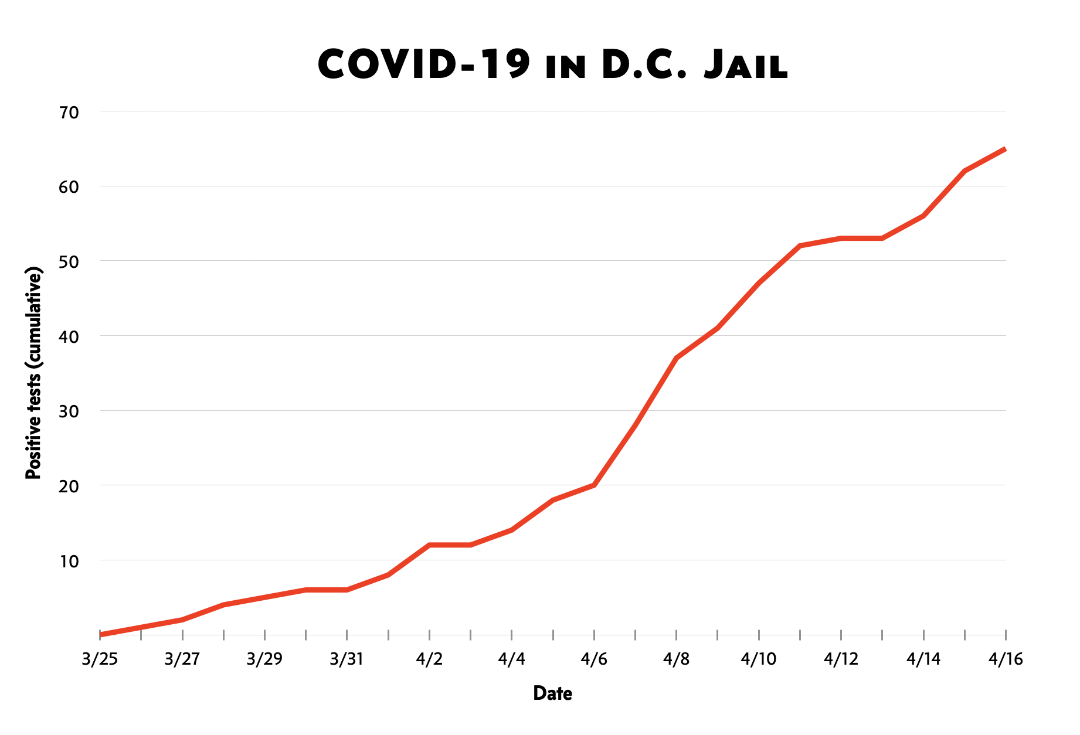Negotiating the “proffer of facts” in a plea agreement
As part of a plea agreement, the government typically requires the defendant to agree to a “proffer of facts,” a written statement of the evidence the government would have proven had the case gone to trial.












